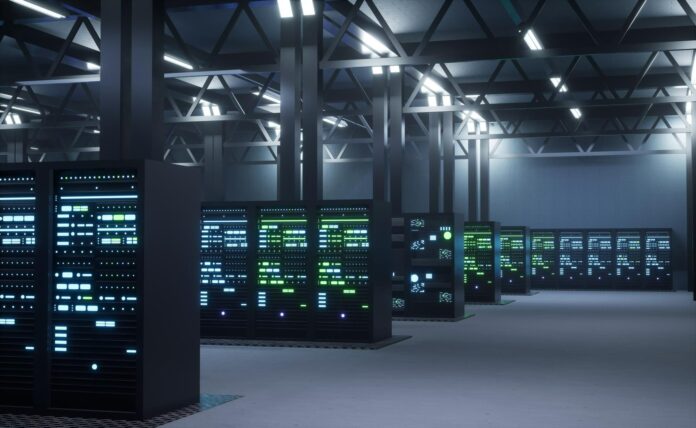At the heart of the growing awareness of sustainability, the digital sector faces an unprecedented challenge. Server farms, responsible for a significant portion of global electricity consumption, emit more than 750 million tonnes of CO₂ each year, becoming a serious obstacle in the fight against climate change. As the planet moves toward reducing global warming to 2.8 degrees by next year, the urgency to address the digital carbon footprint is growing exponentially.
In this context, the company cdmon has positioned itself at the forefront of sustainability, adopting important measures to minimize the environmental impact of its digital infrastructure. Building on a solid commitment, cdmon has implemented 100% renewable energy use in its data processing centers, highlighting the importance of the transition toward cleaner and more sustainable energy sources.
Despite these efforts, the figures are alarming. During 2023, 37.79 billion tonnes of CO₂ were recorded in the atmosphere, with data centers contributing significantly to this figure. According to approximate calculations, between 1% and 4% of these emissions come from this sector, which highlights the need for more robust measures to achieve genuine sustainability.
Marc Palau, cofounder of cdmon, highlights the importance of innovation in server efficiency through advanced technologies such as water cooling, as well as in the choice of materials and responsible energy sources. This approach has led cdmon to become the first company in Spain certified by the Green Web Foundation, which validates the renewable origin of its energy.
Sustainability, however, extends beyond the use of clean energy. It also involves the construction of efficient infrastructures and the deployment of technologies designed to reduce energy consumption. Negligence toward the digital carbon footprint could not only lead to stricter regulations, but it could also raise operating costs for businesses. David Blanch, cdmon's digital director, adds that a lack of commitment to energy efficiency could harm the corporate reputation and the ability to attract climate-conscious customers.
In the face of these challenges, cdmon makes an urgent appeal to other companies in the digital sector to become aware of their environmental impact. The adoption of sustainable practices and commitment to renewable energy are seen not only as an imperative for the welfare of the planet, but as a crucial component for maintaining business competitiveness in a market increasingly inclined toward environmental awareness. Concerted and decisive action is essential to chart a path toward a more sustainable and responsible future.



